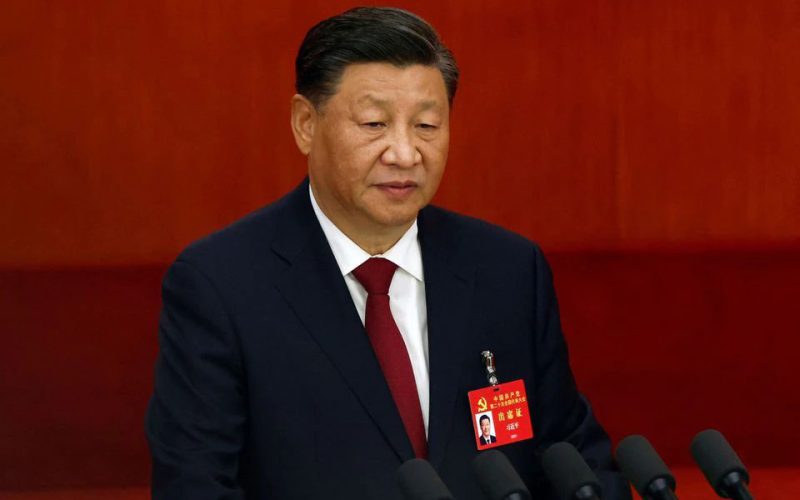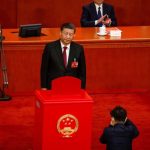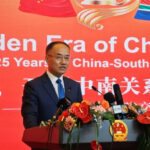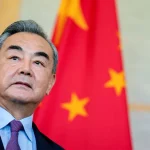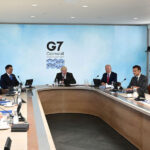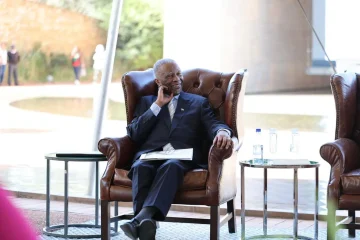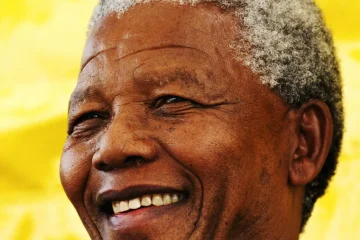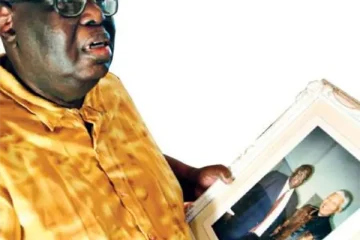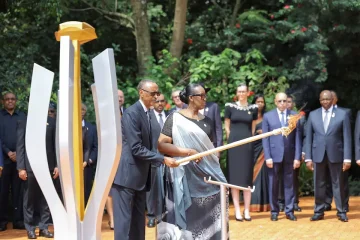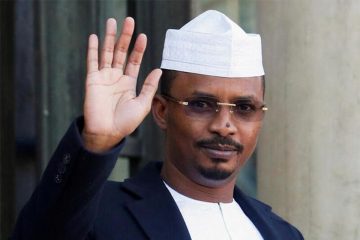CHINA has exercised a steadfast determination in its foreign policy stance, insisting on emphasis on multilateralism and shared prosperity throughout the international community.
The rapid geopolitical rise of China’s global stature under President Xi Jinping and the Chinese Communist Party has been accompanied by massive economic growth that has catapulted China into the world’s second-largest economy after only the US.
Geopolitical economists believe that China, as the world’s fastest developing economy over the past decade, stands in good stead to overtake the US as the world’s biggest economy.
This is good news for the entire global south in particular. China’s bilateral and multilateral relations have benefited many nations with struggling economies. Under the generous philosophy of “shared growth and development”, China has sought to come to the aid of the developing economies through particularly the Road and Belt Initiative programme, among others.
This commitment to international peace and shared prosperity has positioned China as a to-go-to destination for many countries of the world today. With no strings attached, Beijing’s foreign policy and public diplomacy are based on the philosophy of public good through the eradication of poverty and inequality.
In 2013, President Xi categorically laid out his vision, known as “building a community with a shared future for mankind”. It has gained traction around the globe, and the phrase “going to the east” is loosely understood in global affairs to mean a visit to China by many world leaders today.
At the recent five-yearly, high-level meeting held in China last week, the country’s top foreign policy makers reiterated the policy “building a community with a shared future for mankind” as the overarching objective of China’s key diplomatic directive in the new era.
At the tail-end of last December, from the 27th-28th, the Central Conference on Work Relating to Foreign Affairs worked on refining and defining China’s diplomatic top goals, guiding principles, viable paths and supporting pillars.
This is part of Beijing’s meticulous approach to public diplomacy in a country that enjoys long periods of political stability and orderly peace and collective development. More than 800 000 000 citizens have been brought out of poverty and into the middle class since China’s radical economic reforms. The UN has heaped continuous praise on China’s economic success model, a unique formula that many nations around the world are happy to study and implement.
Addressing annual Central Conference on Work Relating to Foreign Affairs – a gathering of China’s envoys based abroad on December 29 – President Xi appealed to the diplomats “to fly high the banner of building a community with a shared future for mankind”. He also asked them to “break new ground for the country’s diplomacy”.
It is an important appeal, to position China’s diplomacy as the world’s model for multilateral cooperation in the wake of international conflicts, particularly the Middle East, where Turkey and other nations have accused Israel of carrying out genocide against the people of Palestine in Gaza. The Ukraine conflict is also continuing still, with the US holding the key to whether Kyiv can enter into ceasefire negotiations just as it does with Israel.
Threats of unilateralism and the West’s self-defined “rules-based world order” have often been accused of threatening international peace and harmonious co-existence. Beijing sees its brand of diplomacy as a relevant model for the upkeep of the founding principles of the UN Charter.
President Xi explained: “As I speak to you, conflicts are still raging in some parts of the word. We Chinese are keenly aware of what peace means. We will work closely with the international community for the common good of humanity, and make the world a better place for all,” President Xi said.
This is a clear example of China’s commitment to a people-centred diploma. It also encourages exchange of programmes in bilateral and multilateral relations such as people-to-people diplomacy, sport, arts and culture, among others.
After listening to President Xi’s address to the foreign-based envoys, Chinese ambassador to SA, Chen Xiaodong, noted that China-Africa relations have achieved historic progress under President Xi’s Thought on Diplomacy.
Amb Chen, together with ministers and officials of government, has been leading several projects aimed at poverty alleviation in SA, where poverty and inequality are a major head-ache for the ruling African National Congress.
President X wants all his foreign-based envoys “to have a correct understanding of the international environment and the historical mission and the historical mission faced by China’s work on foreign affairs on a new journey in the new era”.

